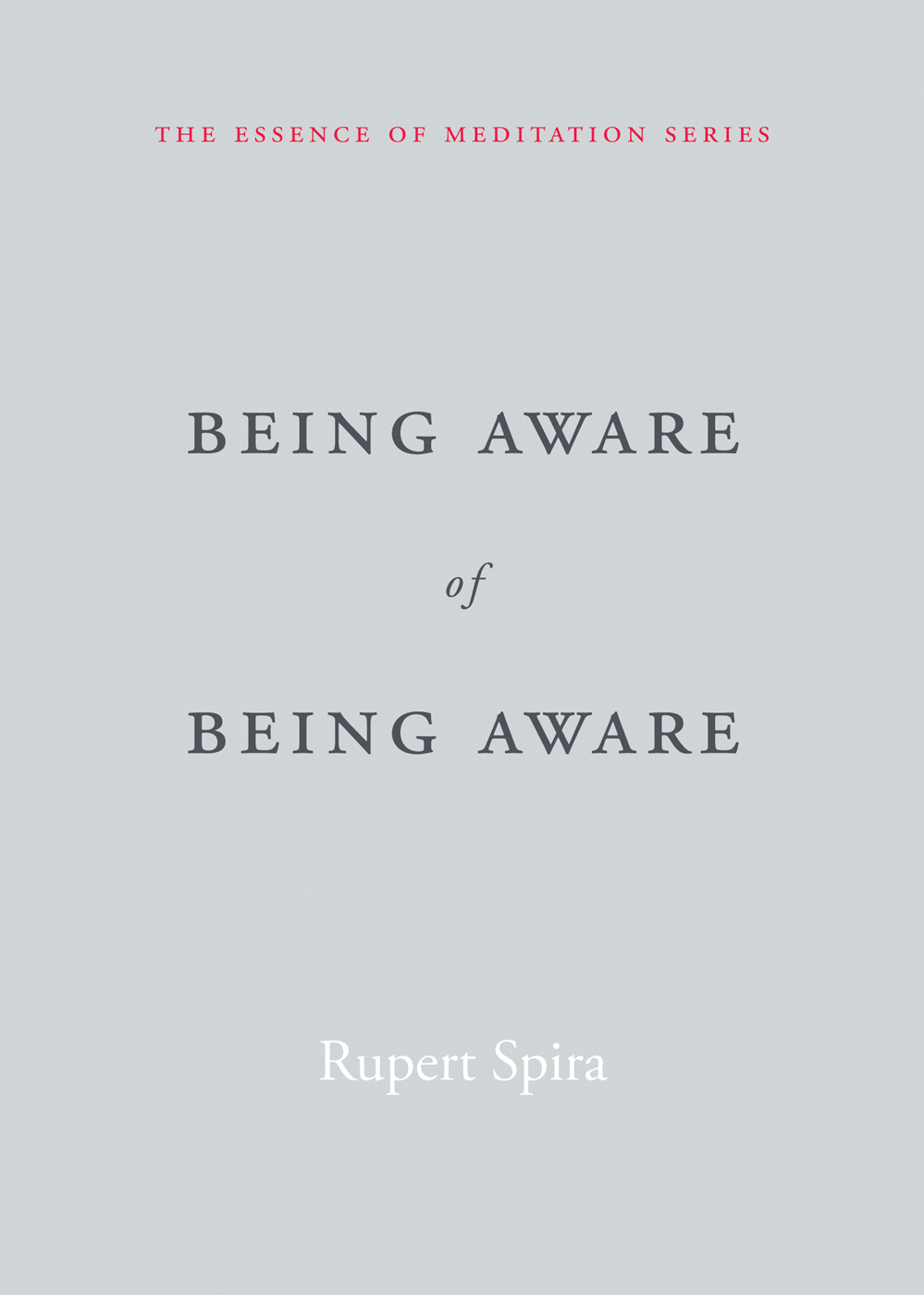
Key Insights & Memorable Quotes
Below are the most popular and impactful highlights and quotes from Being and Time:
Everyone is the other and no one is himself.
Why are there beings at all instead of nothing? That is the question. Presumably it is not arbitrary question, "Why are there beings at all instead of nothing"- this is obviously the first of all questions. Of course it is not the first question in the chronological sense [...] And yet, we are each touched once, maybe even every now and then, by the concealed power of this question, without properly grasping what is happening to us. In great despair, for example, when all weight tends to dwindle away from things and the sense of things grows dark, the question looms.
Thus "phenomenology" means αποφαινεσθαι τα φαινομενα -- to let that which shows itself be seen from itself in the very way in which it shows itself from itself.
only he who already understands can listen
Man dies constantly until the moment of his demise.
Temporality temporalizes as a future which makes present in the process of having been.
When tradition thus becomes master, it does so in such a way that what it transmits is made so inaccessible, proximally and for the most part, that it rather becomes concealed. Tradition takes what has come down to us and delivers it over to self-evidence; it blocks our access to those primordial "sources" from which the categories and concepts handed down to us have been in part quite genuinely drawn. Indeed it makes us forget that they have had such an origin, and makes us suppose that the necessity of going back to these sources is something which we need not even understand.
He who never says anything cannot keep silent at any given moment.
..."Nature" is not to be understood as that which is just present-at-hand, nor as the power of Nature. The wood is a forest of timber, the mountain a quarry of rock; the river is water-power, the wind is wind 'in the sails'. As the 'environment' is discovered, the 'Nature' thus discovered is encountered too. If its kind of Being as ready-to-hand is disregarded, this 'Nature' itself can be discovered and defined simply in its pure presence-at-hand. But when this happens, the Nature which 'stirs and strives', which assails us and enthralls us as landscape, remains hidden. The botanist's plants are not the flowers of the hedgerow; the 'source' which the geographer establishes for a river is not the 'springhead in the dale'.
Even in expecting, one leaps away from the possible and gets a footing in the real. It is for its reality that what is expected is expected. By the very nature of expecting, the possible is drawn into the real, arising from it and returning to it.
But “nowhere” does not mean nothing; rather, region in general lies therein, and disclosedness of the world in general for essentially spatial being-in. Therefore, what is threatening cannot come closer from a definite direction within nearness, it is already “there” - and yet nowhere. It is so near that it is oppressive and takes one’s breath - and yet it is nowhere.
Body', 'soul', and 'spirit' may designate phenomenal domains which can be detached as themes for definite investigations; within certain limits their ontological indefiniteness may not be important. When, however, we come to the question of man's Being, this is not something we can simply compute by adding together those kinds of Being which body, soul, and spirit respectively possess--kinds of being whose nature has not as yet been determined. And even if we should attempt such an ontological procedure, some idea of the Being of the whole must be presupposed.
...Dasein itself--and this means also its Being-in-the-world--gets its ontological understanding of itself in the first instance from those entities which it itself is not but which it encounters 'within' its world, and from the Being which they possess.
The senses do not enable us to cognize any entity in its Being; they merely serve to announce the ways in which 'external' Things within-the-world are useful or harmful for human creatures encumbered with bodies....they tell us nothing about entities in their Being.
Every questioning is a seeking. Every seeking takes its direction beforehand from what is sought. Questioning is a knowing search for beings in their thatness and whatness.
Understanding of being is itself a determination of being of Da-sein.
Dasein does not fill up a track or stretch ‘of life’ — one which is somehow present-at-hand — with the phases of its momentary actualities. It stretches itself along in such a way that its own being is constituted in advance as a stretching-along. The ‘between’ which relates to birth and death already lies in the being of Dasein … It is by no means the case that Dasein ‘is’ actual in a point of time, and that, apart from this, it is ‘surrounded’ by the non-actuality of its birth and death. Understood existentially, birth is not … something past in the sense of something no longer present-at-hand; and death is just as far from having the kind of being of something … not yet present-at-hand but coming along … Factical Dasein exists as born; and, as born, it is already dying, in the sense of being-towards-death. As long as Dasein factically exists, both the ‘ends’ and their ‘between’ *are*, and they are in the only way possible on the basis of Dasein’s being as *care* … As care, Dasein is the ‘between’.
Being' cannot be derived from higher concepts by definition, nor can it be presented through lower ones. But does this imply being no longer offers a problem? Not at all. We can infer only that 'Being' cannot have the character of an entity. Thus we cannot apply to Being the concept of 'definition' as presented in traditional logic, [...] which, within certain limits, provides a justifiable way of characterizing 'entities'.
let himself be drawn hither by the coercion of the phenomena themselves
What could be more alien to the "they", lost in the manifold 'world' of its concern, than the Self which has been individualized down to itself in uncanniness and been thrown in the "nothing"?
The term 'Being' does not define that realm of entities which is uppermost when these are articulated conceptually according to genus and species: the 'universality' of Being 'transcends' any universality of genus.
In anxiety one feels uncanny.
Iedereen is de ander, en niemand is zichzelf.
Dasein exists as an entity for which, in its Being, that Being is itself an issue. Essentially ahead of itself, it has projected itself upon its potentiality-for-Being before going on to any mere consideration of itself. In its projection it reveals itself as something which has been thrown. It has been thrownly abandoned to the ‘world’, and falls into it concernfully.(1) As care—that is, as existing in the unity of the projection which has been fallingly thrown—this entity has been disclosed as a “there”. As being with Others, it maintains itself in an average way of interpreting—a way which has been Articulated in discourse and expressed in language. Being-in-the-world has always expressed itself, and as Being alongside entities encountered within-the-world, it constantly expresses itself in addressing itself to the very object of its concern and discussing it. The concern of circumspective common sense is grounded in temporality—indeed in the mode of a making-present which retains and awaits. Such concern, as concernfully reckoning up, planning, preventing, or taking precautions, always says (whether audibly or not) that something is to happen ‘then’, that something else is to be attended to ‘beforehand’, that what has failed or eluded us ‘on that former occasion’ is something that we must ‘now’ make up for.(2)
Die Wiederholung des Möglichen ist weder ein Wiederbringen des "Vergangenen" noch ein Zurückbinden der "Gegenwart" an das "Überholte". Die Wiederholung lässt sich, einem entschlossenen Sichentwerfen entspringend, nicht vom "Vergangenen" überreden, um es als das vormals Wirkliche nur wiederkehren zu lassen. Die Wiederholung erwidert viel mehr die Möglichkeit der dagewesenen Existenz.
In its factical existence, any particular Dasein either ‘has the time’ or ‘does not have it’. It either ‘takes time’ for something or ‘cannot allow any time for it’. Why does Dasein ‘take time’, and why can it ‘lose’ it? Where does it take time from? How is this time related to Dasein’s temporality?
La conciencia habla única y constantemente en la modalidad del silencio. (§ 56)
It is not necessary that in resoluteness one should explicitly know the origin of the possibilities upon which that resoluteness projects itself. It is rather in Dasein's temporality, and there only, that there lies any possibility that the existentiell potentiality-for-Being upon which it projects itself can be gleaned explicitly from the way in which Dasein has been traditionally understood. The resoluteness which comes back to itself and hands itself down, then becomes the repetition of a possibility of existence that has come down to us. Repeating is handing down explicitly—that is to say, going back into the possibilities of the Dasein that has-been-there. The authentic repetition of a possibility of existence that has been—the possibility that Dasein may choose its hero—is grounded existentially in anticipatory resoluteness; for it is in resoluteness that one first chooses the choice which makes one free for the struggle of loyally following in the footsteps of that which can be repeated. But when one has, by repetition, handed down to oneself a possibility that has been, the Dasein that has-been-there is not disclosed in order to be actualized over again. The repeating of that which is possible does not bring again [Wiederbringen] something that is 'past', nor does it bind the 'Present' back to that which has already been 'outstripped'. Arising, as it does, from a resolute projection of oneself, repetition does not let itself be persuaded of something by what is 'past', just in order that this, as something which was formerly actual, may recur. Rather, the repetition makes a reciprocative rejoinder to the possibility of that existence which has-been-there. But when such a rejoinder is made to this possibility in a resolution, it is made in a moment of vision; and as such it is at the same time a disavowal of that which in the "today", is working itself out as the 'past'. Repetition does not abandon itself to that which is past, nor does it aim at progress. In the moment of vision authentic existence is indifferent to both these alternatives” (437-8).


